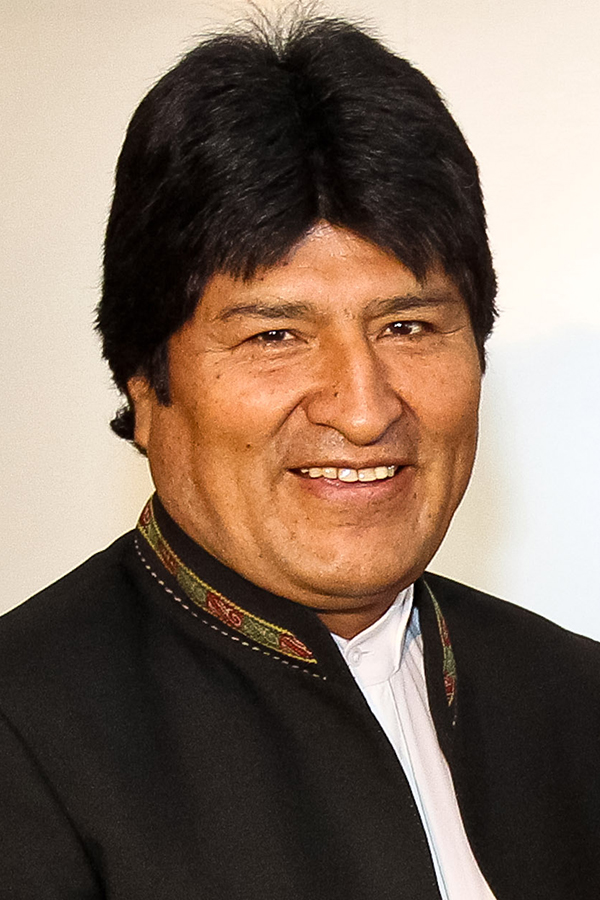Bolivia’s President Evo Morales announced in a Jan. 21 tweet that his government will “repeal the penal code” that was approved Dec. 15 that many Christians feared would restrict their activities.
Morales said he had decided to revoke the law to “avoid confusion,” but he also used the opportunity to accuse the opposition of “conspiring” and “destabilizing the country with misinformation and lies.” Morales’ tweets were reported by Evangelical Focus, a media initiative of the Spanish Evangelical Alliance.
New laws promised
In an English translation of his tweets, Evangelical Focus quoted Morales as saying, “The national government will never approve laws against the Bolivian people.”
A socialist who is the country’s first indigenous president, Morales said his government will enact a new penal code quickly and will listen to all sectors of the country to create the new laws.
Churches in Bolivia issued a call to prayer and fasting for Jan. 21 in the wake of the new restrictions.
Of greatest concern was the wording of Article 88.1, which called for penalties of 7 to 12 years in jail for “whoever recruits, transports, deprives of freedom or hosts people with the aim of recruiting them to take part in armed conflicts or religious or worship organizations.”
The National Association of Evangelicals in Bolivia (ANDEB) issued a public declaration, stating that the new penal code was “imprecise, ambiguous, badly written, contradictory and its punitive power can constitute state abuse.”
“We express our most resolute rejection of the inclusion of our ministerial activities in the list of possible conducts that go against the law,” they added.
Morales said the revised national penal code was an effort to rid Bolivia of laws put into place by former dictator and president Hugo Banzer. Morales confirmed his plans to change the law in a television interview Jan. 22, the 12th anniversary of his becoming Bolivia’s president. (TAB)






Share with others: